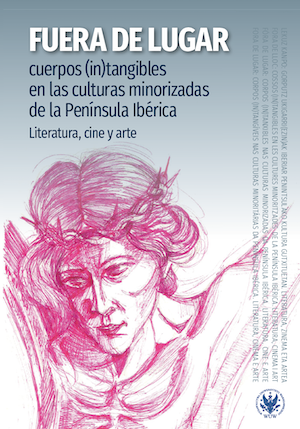“MY ENTIRE BODY IS A WOUND”
“MY ENTIRE BODY IS A WOUND”
PAIN, CORPOREALITY AND THE “OTHER” IN PATRIA BY FERNANDO ARAMBURU
Author(s): Daria A. Eismann
Subject(s): Cultural history, Studies of Literature, Philology
Published by: Wydawnictwa Uniwersytetu Warszawskiego
Keywords: ETA; dolor; género; corporalidad; patria
Summary/Abstract: In Fernando Aramburu’s novel "Patria", pain is presented as twofold: an individual as well as a social emotion. As the former, it is shown in its intruding physicality, breaking individual boundaries and thus making them more palpable. But as a social emotion, the novel shows how pain enforces or breaks social relationships, how it “others” persons. The author also politicizes pain through the characterization of figures and the use of textual strategies: the pain caused during the Basque conflict becomes a question of power of narratives. At the same time, pain is a gendered phenomenon in the novel, focusing strongly on the pain of women and its use as a catalyst, submitting the pain of men to stereotypical limitations of their gender and its social expectations. That way, the novel becomes a political statement in itself – portraying the still experienced pains of a nation.
Book: Fuera de lugar: cuerpos (in)tangibles en las culturas minorizadas de la península Ibérica
- Page Range: 201-231
- Page Count: 31
- Publication Year: 2022
- Language: Spanish
- Content File-PDF

